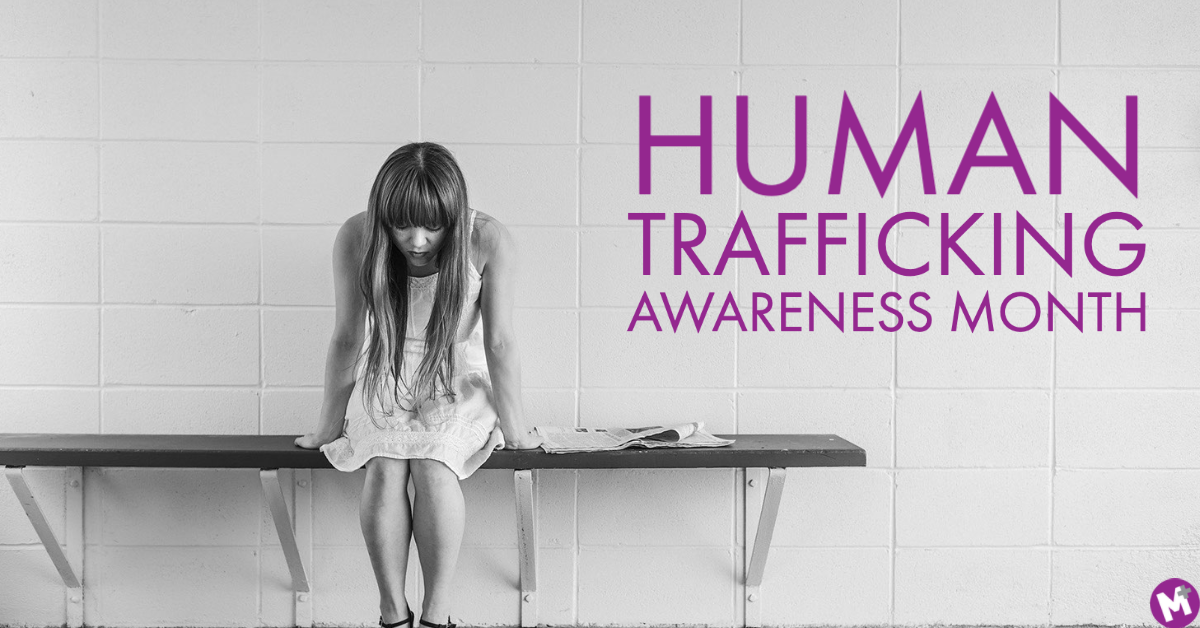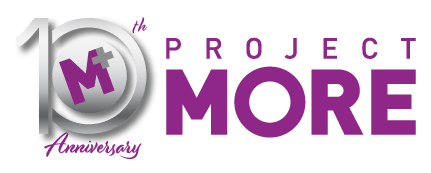
What affects all genders, age groups, and economic classes, and had a reported 1,507 cases in California in 2019? If you answered “human trafficking,” you’d be correct.
According to the U.S. Department of Homeland Security, human trafficking is a crime that “involves the use of force, fraud, or coercion to obtain some type of labor or commercial sex act.” Simply stated, it’s a highly profitable, illegal activity that involves an act, a means, and a purpose.
Human trafficking affects an estimated 25 million victims internationally every year, but those trafficked are not subject to a single act. People are repeatedly bought and sold for profit in operations enabled by underlying economic, political, and legal systems. Human trafficking is galvanized by racism and discrimination and worsened by its difficulty to trace.
January is National Human Trafficking Awareness Month, also known as Nation Slavery and Human Trafficking Prevention Month. Established in 2010, this month is used to develop a deeper understanding of the issue and work towards restoring peoples’ lives and reforming the societal structure that allows human trafficking to persist.
Some organizations, such as Polaris, advocate for awareness of the issue by teaching individuals how to spot human trafficking. Others argue that few outsiders are able to identify and provide the necessary support to those in the industry. Instead, they educate those in at-risk populations to know the signs of potential trafficking efforts so they can be avoided and reported.
Hope for Justice, a non-profit that works to eradicate modern slavery, identifies sexual exploitation, forced labor, domestic servitude, and organ harvesting as the four main categories of human trafficking. Sexual exploitation is the biggest offender and of the 1,507 California cases reported in 2019, 1,118 involved sex trafficking. It’s estimated that annually the sexual exploitation industry alone earns $99 billion.
While legal frameworks exist to hold human traffickers accountable, the subversive nature of the system makes it difficult to do so. The Victims of Trafficking and Violence Protection Act of 2000 is a federal response to combat trafficking that has been strengthened by modifications on numerous occasions. In 2011, California created a law that required the manufacturing industry to report the steps they were taking to stop human trafficking in their supply chains. Still, the prosecution rate of human trafficking is severely low.
In 2016, there were an estimated 24.9 million victims of human trafficking internationally, but only 9,071 convictions. When thinking about these numbers, it’s also important to note that each victim is not representative of a single instance of harm, but countless, repeated violations that put money into the pockets of their traffickers.
The COVID-19 pandemic has only worsened the situation. According to the L.A. Times, “calls to the National Human Trafficking Hotline have increased by more than 40 percent during the COVID-19 pandemic compared to the same time last year.” Trafficking victims already face the possibility of physical and psychological harm, and during the pandemic the violence is compounded by their increased risk of exposure to the virus.
Human trafficking is a crime that affects more than those behind closed doors. It tears apart families and puts the community in jeopardy. It disproportionately affects the LGBTQ+ community and to a greater extent, LGBTQ+ youth. Young members of the community face rates of violence, discrimination, and economic instability more than their non-LGBTQ+ peers, which leads to higher risk of trafficking. LGBTQ+ youth are 7.4 times more likely to experience acts of sexual violence when compared to heterosexual individuals. Safe harbor laws exist to protect trafficked minors and provide them with mental health and legal resources.
While human trafficking can be hard to identify, there are red flags that could mean someone is being trafficked. Commonly, victims exhibit signs of physical or psychological trauma and are fearful of discussing their situation. They may have limited access to medical care and freedom to go where they desire.
If you or someone you know is involved in human trafficking, call the National Human Trafficking Hotline at (888) 373-7888 or text “HELP” or “INFO” to 233733 for support. Both are available 24/7.
To learn MORE about eradicating human trafficking, visit the Polaris Project or Hope for Justice for resources.

